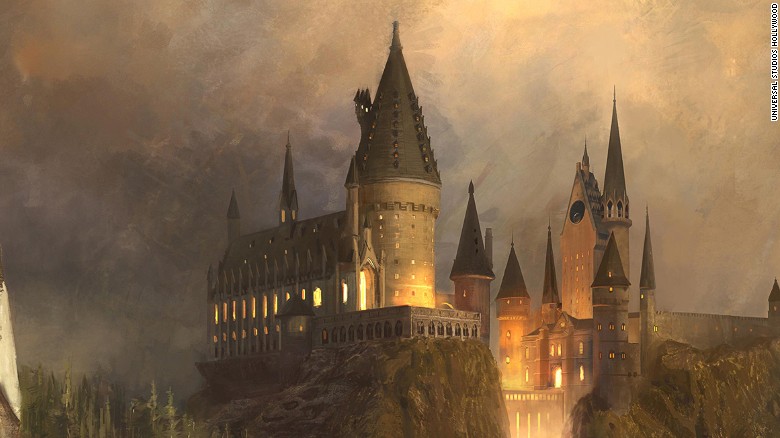Believe it or not, the world almost missed out on Harry Potter.
Author J.K. Rowling has told the story of how she received “loads” of rejections before “Harry Potter and the Philosopher’s Stone” (known in the U.S. as “Harry Potter and the Sorcerer’s Stone”) was finally published on June 26, 1997.
Rowling once told fans that she couldn’t even get books published under the pseudonym of Robert Galbraith, which she used for some thrillers she wrote.
But, as wizards everywhere now know, Rowling and her imagination eventually broke through in a major way.
In celebration of the 20th anniversary the first Potter adventure, let’s take a look at how Rowling’s magical writing changed the world.
Reading is FUNdamental
With the popularity of screen time in its many forms, some experts suggested children had lost the desire to read.
Then Rowling waved her magic wand.
Children were suddenly descending to book stores en masse, libraries had waiting lists for Potter books and kids begged to stay up late to finish just one more chapter.
In 2005, The Guardian wrote about a survey that found children and teachers credited Rowling’s books with boosting literacy.
According to the report, 84% of [teachers] said “that the boy wizard has had a positive impact on children’s reading abilities and 73% admit that they have been surprised by some of the children that have managed to read Potter.”
Hell-YA
All that reading meant lots of money, convincing publishers that young adult and children’s fiction was still a thing.
Over the years, the eight Potter novels have sold more than 450 million copies and have been translated into more than 60 languages.
An argument could be made that books like “The Hunger Games” and “Miss Peregrine’s Home for Peculiar Children” owe a debt to Rowling and Potter for blazing the trail.
Movie Magic
Then there’s Potter movie magic.
Who knows where the careers of Daniel Radcliffe, Emma Watson and Rupert Grint would be were it not for the Potter film franchise?
Audiences have watched the cast grow up on screen and become megastars.
Oh, and the eight films have made more than $2 billion.
Better people because of it?
In 2014, a study led by a group of researchers in Italy found that reading Potter books helped instill empathy in children.
Two follow up studies found “that reading Harry Potter improved attitudes towards homosexuals in Italian high school students” and built compassion among English university students toward refugees.
Rowling on Twitter
Rowling is a bit of a Twitter celeb.
Her 140-characters or less wit is so celebrated, she’s inspired stories with headlines like “19 Times J.K. Rowling Was Sassy AF On Twitter In 2016.”
Rowling, who was a struggling, divorced mother when she wrote the first Potter book, has conjured quite a world.
